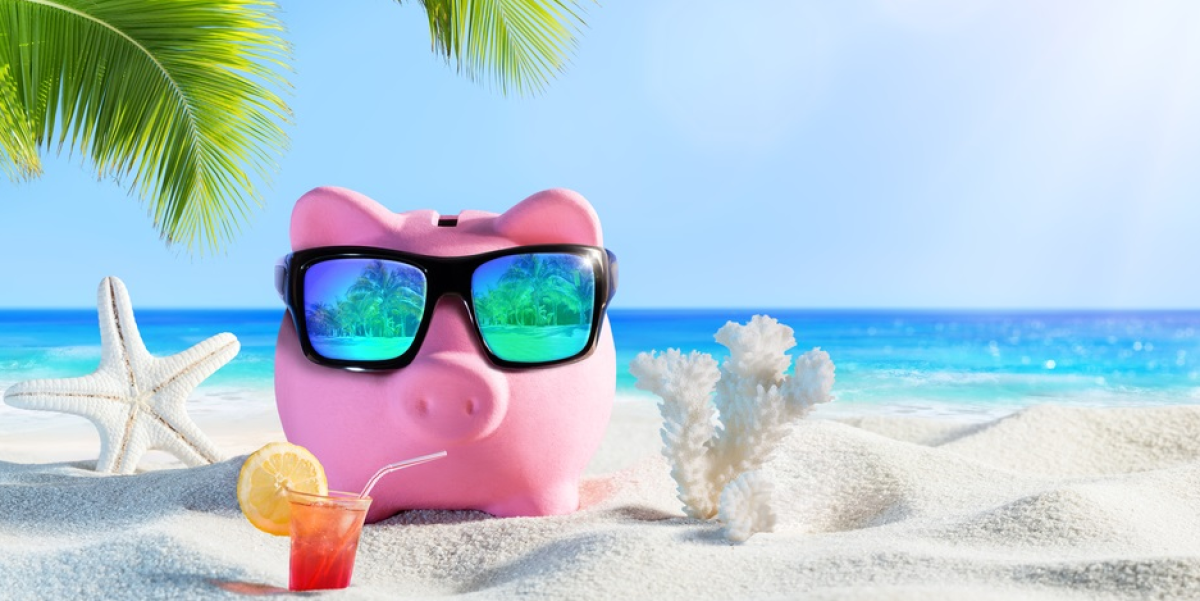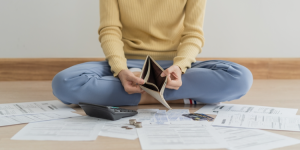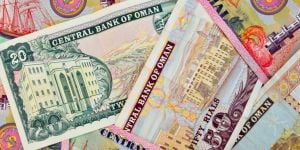
One of the most important parts of life abroad, if you aren't making the big bucks, is living on a budget. This will be easier in some countries than others, thanks to cheap food and utilities in one destination contrasting with extortionate rent and expensive transportation in others. Planning parts of your budget before you leave and once you arrive in the country can help with your overall adjustment to life abroad.
Before you go
Unless your decision to move is last minute or you will be moving to take up another position within your company, you will want to start saving. You will not only need money to fund moving services and the application for your visa, for example, but you may want a reserve in case of any emergencies when you first move, or if you decide to return home.
You should also keep an eye on the exchange rate – if you intend to transfer a lot of money to a bank account in the currency of your destination, you will want to try and do this at the optimum time. The key factor to remember here is that your currency will fare well with stability, and instability caused by major economic events will see it suffer (such as the pound sterling following Brexit). Conversely, you should take advantage of the lowering of the currency for the country to which you are moving. While you may not be an economic savant capable of predicting the next big crisis, it's certainly worth keeping an eye on the news during the period you are considering changing your money.
The process of changing your money before you leave is easier if you have a bank account set up for your destination. In many cases, this may not be possible due to the national or local nature of the banks there. However, you should check if there are international banks operating in your country of choice, and whether it's possible to open an account before you leave. Obviously, for this you will likely need things like an address, and sometimes you may be asked for proof of address such as bills. In any event, you should check what documents are required to open an account when you arrive so you can take originals and/or photocopies with you as necessary. It may also be useful to check the prolificacy of ATM's for your chosen bank and whether you can can take out money from the ATM's of other banks, as some countries may not have a cash machine around every corner.
Bills, bills, bills
While you can start planning your budget to some extent if you have secured a job before departure, bills are something that you may only really get a grasp of once you have sorted out permanent accommodation in the country. Before you get to the bills part you will need to open a bank account, if you haven't done so already. As soon as you have done this, you will be able to set up direct debits and standing orders to make the payment of bills much easier.
Though some people are happy to find somewhere to rent or buy before they move, many people prefer to find temporary accommodation once they have arrived in order to view the actual properties before deciding on something more permanent. This means you will have to spend a little time once you have arrived calculating all your household bills, including internet, rent and utilities. Extras such as satellite or cable TV boxes with movie and sports packages can cost a bomb, so if you've got access to a basic streaming service and a laptop, you may choose to eschew such luxuries.
Different forms of insurance can also be costly, so researching the best health insurance or travel insurance for your destination is advisable. You should also pick a plan that provides the most appropriate coverage for your current situation, rather than the one that offers to pull out all the stops for top dollar. If you need to get a car (for example, if you live in an isolated area and will have to drive to work) you will need to consider car insurance, road tax and MOTs in addition to the cost of the car.
Managing your money
After you've finished paying all your taxes and bills, how much of your monthly income will you have left? You will also want to budget for things like groceries and petrol or travel costs, which will be regular expenses. It may not always be possible to save money (depending on how much you are earning), but making sure you have enough money for basic expenses is essential.
You can save money by checking out local markets for cheaper local produce, if available, or comparing the price of products at different grocery stores. You should try and minimise on food waste by buying the right amount of produce for the number of people you are feeding. If you find you are spending money on food that is sitting uneaten in the fridge and going off, you should perhaps consider planning your meals for the week before going shopping.
You will almost certainly want to reap the benefits of the country you are in, be it having a beer in one of the world's top beer-producing nations, or going out for a nice meal by the beach in your island paradise to sample the local cuisine. If you're on a budget, you should try and keep dining out to a minimum, and definitely avoid pricier establishments. Though you may find this more difficult in major cities, smaller cities and towns should have affordable, local restaurants, and you may find some real hidden gems amongst them.
If you have any tips for living abroad on a budget, please share them in the comments below!



















